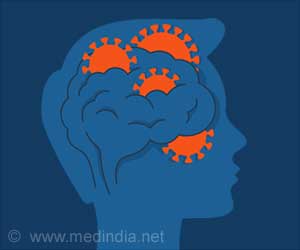Researchers from many countries joined together to devise interventions that improve psychological resilience among people during COVID-19 adversity.

The COVID-19 pandemic increased negative emotions across the world. People reported poor mental health and behavior problems including sleeping less, consuming more drugs and alcohol, struggling to concentrate, and fighting more with loved ones.
The emotion regulation strategy described in their findings is known as reappraisal. Reappraisal means consistently reduced negative emotions and increased positive emotions. This strategy is used among the study’s participants.
For the reappraisal study, the authors collected nearly 28,000 responses from May to October 2020 from participants in 87 countries.
The data revealed that the magnitude of emotional benefits driven by reappraisal were equal to, or even greater than, the emotional harms caused by such extreme conditions as being in lockdown or self-isolation during the pandemic.
The authors also tested two methods of reappraisal intervention, namely reconstrual and repurposing. Reconstrual involves changing a person’s mentally representation of a situation to change the emotional response.
Advertisement
The study found little difference between the overall effectiveness of the two reappraisal methods and both had marked positive impact.
Advertisement
The primary takeaway for policy makers is reappraisal interventions work and are worth investing in public welfare of mental strength.
These interventions are inexpensive, brief, and scalable so they can be implemented through a variety of media and communication mechanisms, such as advertising campaigns, speeches, courses, apps and mobile games.
Source-Medindia











